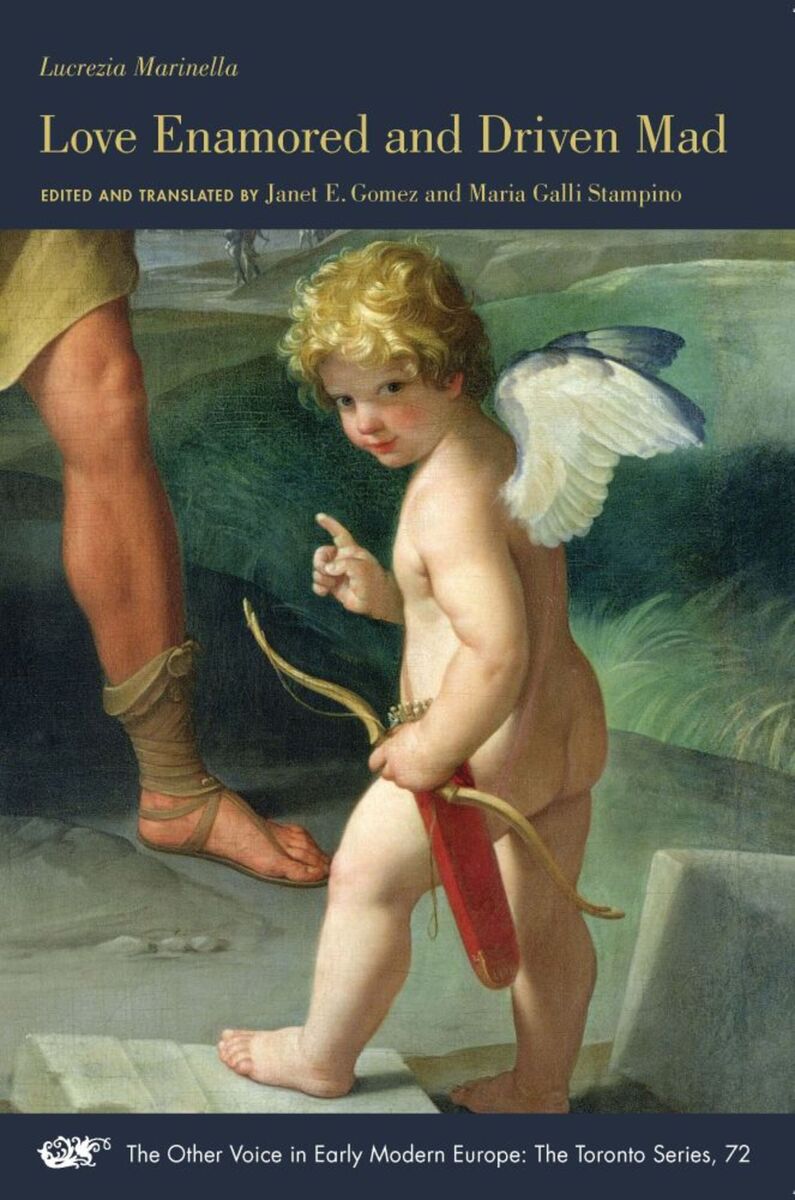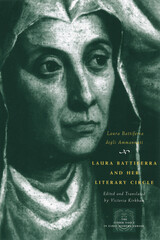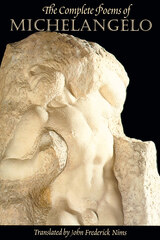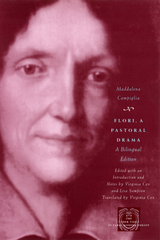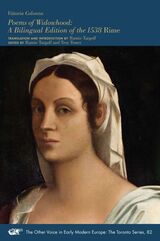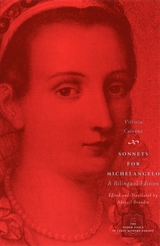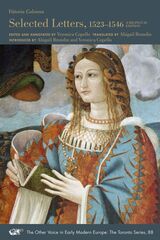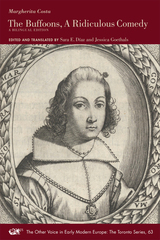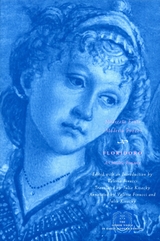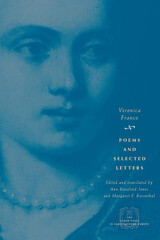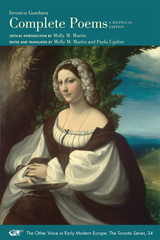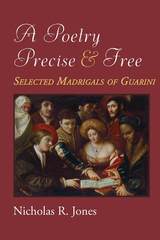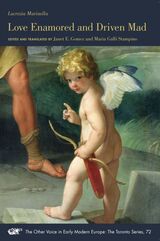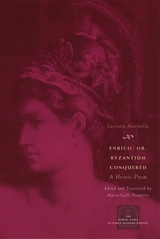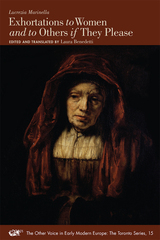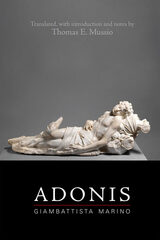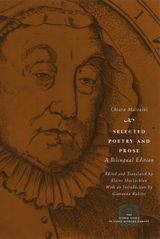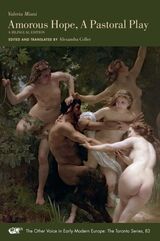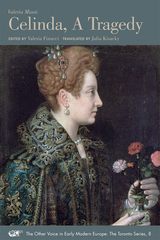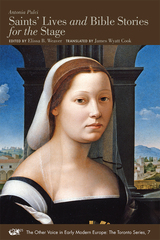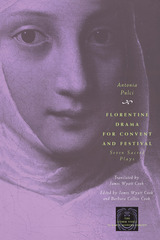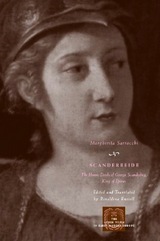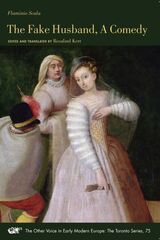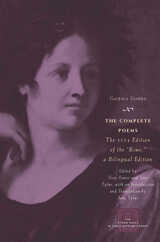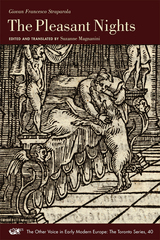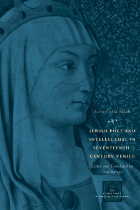Love Enamored and Driven Mad
Iter Press, 2020
Paper: 978-0-86698-625-0 | eISBN: 978-0-86698-758-5
Library of Congress Classification PQ4627.M84A8313 2020
Dewey Decimal Classification 851.5
Paper: 978-0-86698-625-0 | eISBN: 978-0-86698-758-5
Library of Congress Classification PQ4627.M84A8313 2020
Dewey Decimal Classification 851.5
ABOUT THIS BOOK | AUTHOR BIOGRAPHY | REVIEWS | TOC
ABOUT THIS BOOK
With Love Enamored and Driven Mad, Lucrezia Marinella puts her mark on classical mythology and literary antecedents. She transforms Cupid from all-powerful god to wayward adolescent who falls to his own haughtiness while having female characters (such as Venus) take on distinctly positive roles. From the literary standpoint, she demonstrates her deep knowledge of classical and vernacular authors, from Ovid to Apuleius and Prudentius, and from Dante to Tasso, with numerous forays into Petrarchan poetics.
The Other Voice in Early Modern Europe - The Toronto Series, volume 72
The Other Voice in Early Modern Europe - The Toronto Series, volume 72
See other books on: Fairy Tales, Folk Tales, Legends & Mythology | Italian | Marinella, Lucrezia | Stampino, Maria Galli | Women Authors
See other titles from Iter Press
